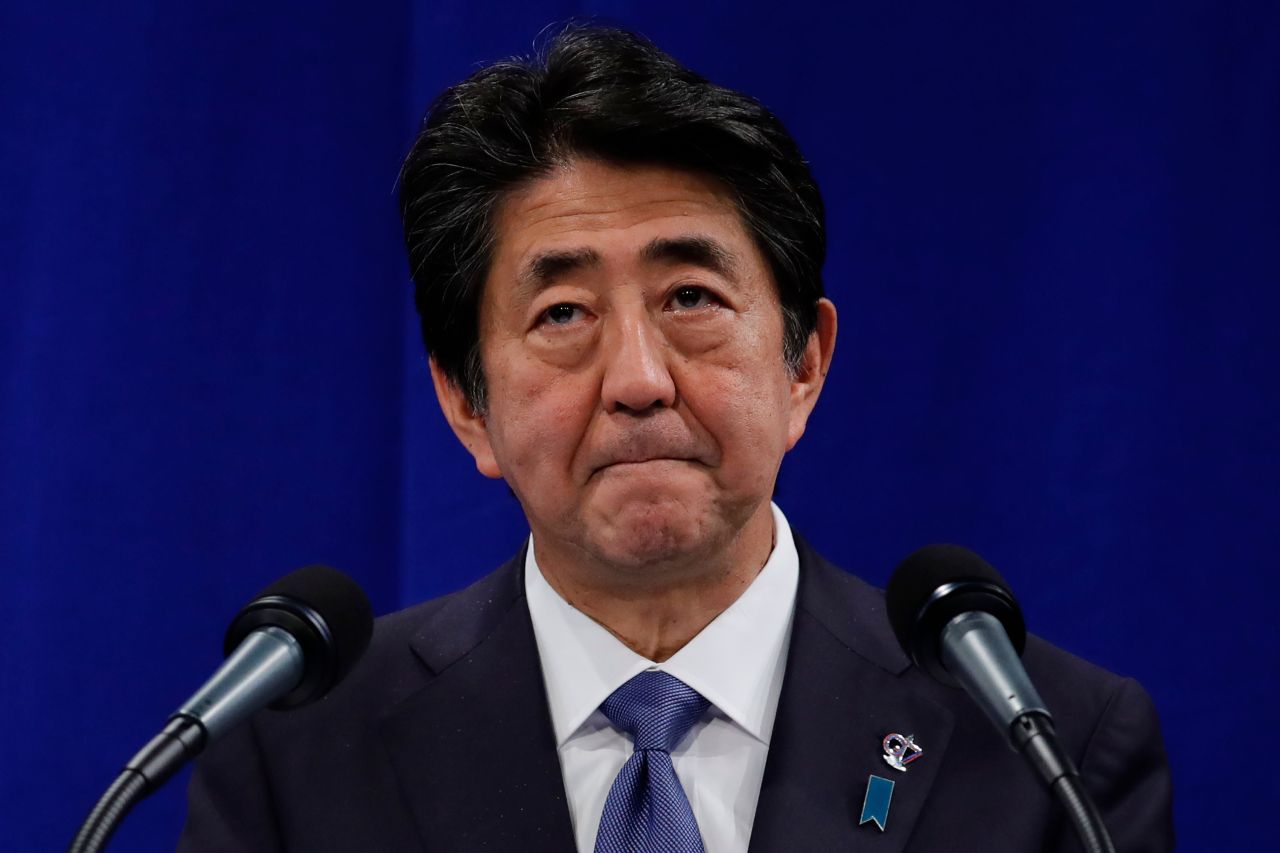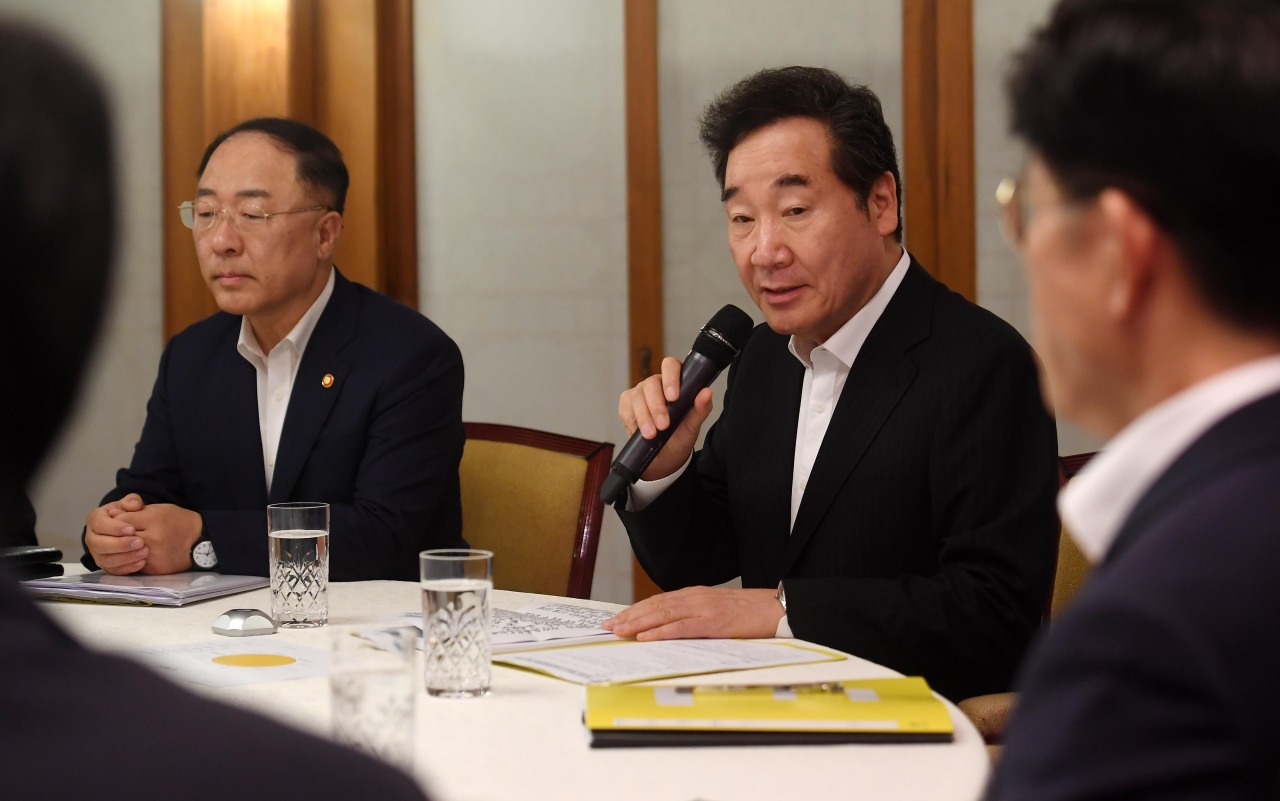Japan's exclusion of S. Korea from whitelist takes effect
By YonhapPublished : Aug. 28, 2019 - 09:52
Japan on Wednesday put into force its decision to remove South Korea from a list of favored trade partners, further deepening a row between the two countries over trade and wartime history.

Japan pressed ahead with the removal approved by its Cabinet on Aug. 2, despite Seoul's repeated calls to stop such export curbs, which it sees as political retaliation for last year's South Korean Supreme Court rulings against Japanese firms over colonial-era forced labor.
Seoul is expected to officially lodge a protest over the removal, which it argues will undermine principles of free trade, disturb international supply chains and negatively affect the global economy.
South Korea was among the 27 countries on Japan's so-called whitelist that do not need to go through tough screenings in importing more than 1,100 "strategic items" that could potentially be diverted for military use.
The delisting is in addition to Japan's enforcement in July of tougher restrictions on exports to South Korea of three high-tech materials -- resist, etching gas and fluorinated polyimide -- which are key to the production of semiconductors and displays.
Tokyo has portrayed the trade restrictions as part of its legitimate export regime management, rejecting Seoul's claims that they were a tit-for-tat move for the Supreme Court rulings that ordered Japanese firms to compensate victims of forced labor during Japan's 1910-45 colonial rule.
The court has recognized victims' individual rights to claim damages, but Tokyo argues that all reparation issues stemming from its colonial occupation of the peninsula were settled under a 1965 state-to-state treaty aimed at normalizing bilateral relations.
On Tuesday, Prime Minister Lee Nak-yon said that Seoul can reconsider its decision to terminate a bilateral military intelligence-sharing pact if Japan retracts the economic retaliatory measures.

Last week, Seoul announced its decision to end the pact, called the General Security of Military Information Agreement, seen as a rare symbol of security collaboration between the two countries.
The continued friction between Seoul and Tokyo has put Washington, their mutual ally, in a difficult position, as the US.
has been seeking to tighten its regional alliance network to better cope with an increasingly assertive China and military threats from North Korea. (Yonhap)







![[KH Explains] Hyundai's full hybrid edge to pay off amid slow transition to pure EVs](http://res.heraldm.com/phpwas/restmb_idxmake.php?idx=644&simg=/content/image/2024/04/18/20240418050645_0.jpg&u=20240419100350)







![[From the Scene] Monks, Buddhists hail return of remains of Buddhas](http://res.heraldm.com/phpwas/restmb_idxmake.php?idx=652&simg=/content/image/2024/04/19/20240419050617_0.jpg&u=20240419175937)

![[KH Explains] Hyundai's full hybrid edge to pay off amid slow transition to pure EVs](http://res.heraldm.com/phpwas/restmb_idxmake.php?idx=652&simg=/content/image/2024/04/18/20240418050645_0.jpg&u=20240419100350)

![[Today’s K-pop] Illit drops debut single remix](http://res.heraldm.com/phpwas/restmb_idxmake.php?idx=642&simg=/content/image/2024/04/19/20240419050612_0.jpg&u=)